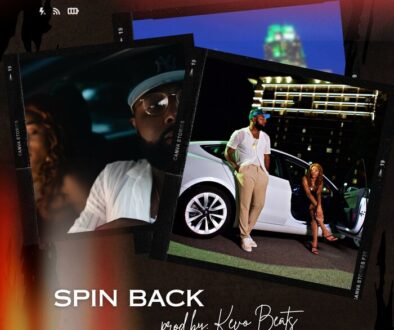Technology and Innovation in Indie Music
Thomas Edison created the technology to reproduce sound in 1877, however, it was an immigrant named Emile Berliner that envisioned recordings as both a means of mass communication and for commercial revenue.
Eleven years after Edison invented the phonograph, Berliner introduced the flat disc, which made both reproduction and playback more manufacture- and user-friendly than its predecessor, the wax cylinder. In the 1900s, as Tin Pan Alley began cranking out hit songs in an industrial, assembly-line fashion, the nascent recording industry saturated public and private spaces with popular music. Jukeboxes in train stations, ferryboat landings, shopping areas, amusement parks, hotels and cafes encouraged public consumption of sound recordings. The subsequent introduction of phonographs into American homes replaced the piano, which had been middle-class homes’ primary means of musical entertainment since the mid-19th century. Radio’s emergence in the 1920s further expanded the availability of music, which comprised over 60 percent of all broadcasting time.
Music was everywhere, and the few entities controlling its distribution prioritized maximizing profits. The best way to do this, of course, was to attract the largest possible audience. Sheet music publishers had long been aware that repetition was their best method of advertising, and by strategically planting song pluggers in all manner of public spaces, including department stores and restaurants, they bombarded consumers with songs that had the most hit potential.
Yet, as the outlets for music grew, the types of music that found public exposure declined. In his study Selling Sounds: The Commercial Revolution in American Music, David Suisman describes the narrowing effects of the music industry’s aggressive marketing tactics:
…this expansion of the music industry infringed on the limited social and cultural environments and psychic space people had available for making music and listening to it. This issue ultimately was not that the simple, fun, cheap, disposable songs of Tin Pan Alley were inherently pernicious, only that they developed in tandem with a promotional system whose tendency was to crowd out alternatives, a tendency that increased as competition within the industry grew.
Though a great many people were delighted with the proliferation of popular music made possible by new technology, others approached it with more suspicion. Early detractors of jukeboxes in the 1890s lamented the perceived decline of culture signified by swarms of working-class citizens who favored cheap public entertainment.
The technology gap, that is to say, the difference between say a Brooklyn hipsters knowledge of technology versus his grandmother in the south of France’s, is one of the biggest issues that people are going to have to deal with in the next fifteen to twenty years. Eventually it will start to go away as technology gets more ubiquitous (or becomes ungodly to deal with) but for now, we all have to realize that dealing with folks who have different levels of understanding of technology is a fundamental problem in the music industry – especially when you have a lot of legendary figures out there who don’t quite know how to send an email. The point being – you need to embrace it and realize that it can affect the industry on just about every level. I want to take a deeper look at it in order to give you and your band some ideas how to deal with this and even use it to your advantage.
Fast-forward to 2017.
The main way that you are going to see the technology gap impacting your band is with older people. There are a lot of folks out there over the age of fifty who spent their time gigging while their peers were learning about social media. They know a lot, but they can’t communicate it in the modern context. I’ve learned that you need to be careful with what you assume other people are capable of and be willing to step in. I mean, if you think about it technology can be very intimidating for an older person and you need to be sympathetic. Being willing to do those kinds of things and be a servant is going to make people like you because it shows that you’re not too high to do even frustrating grunt work. If these people can properly handle an email you should count yourself lucky. I’m not trying to talk down – merely lowering expectations. You need to be willing to work with anything because sometimes you get a veritable legend who just needs help with his technology and when you do that you will be able to help guide them to the next level.



